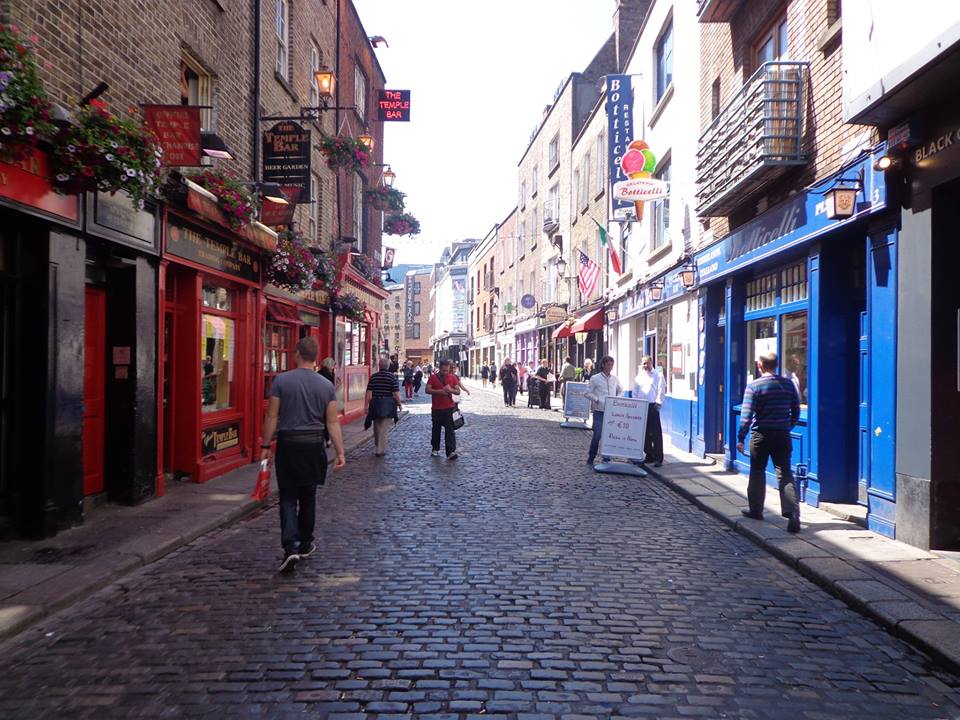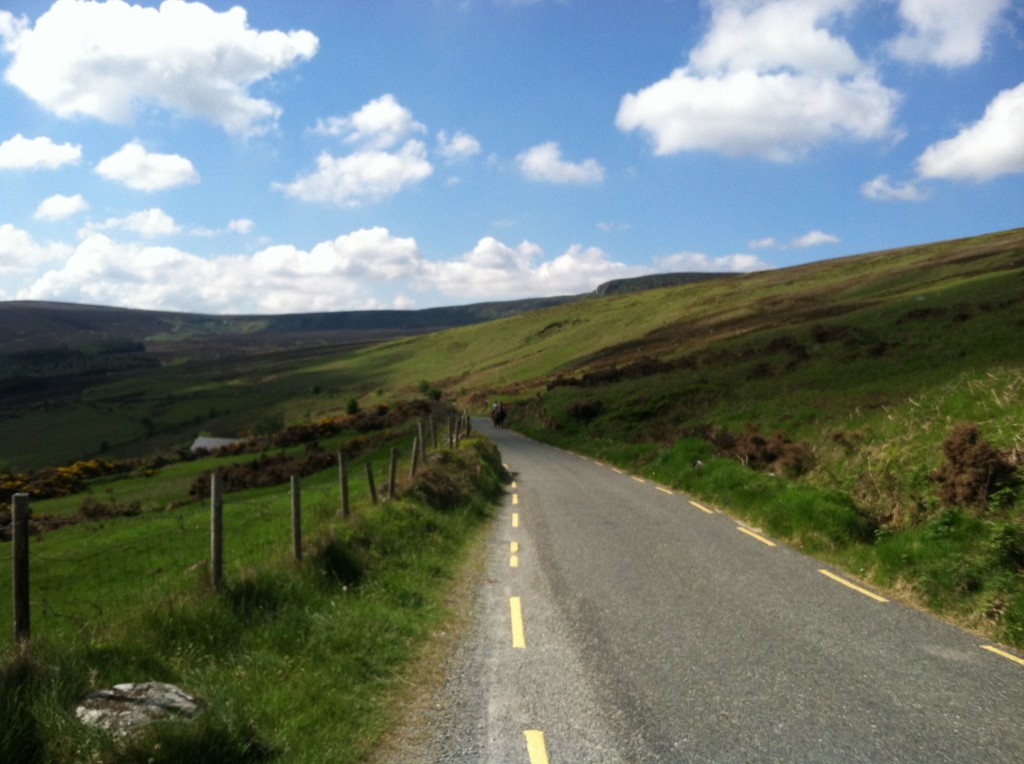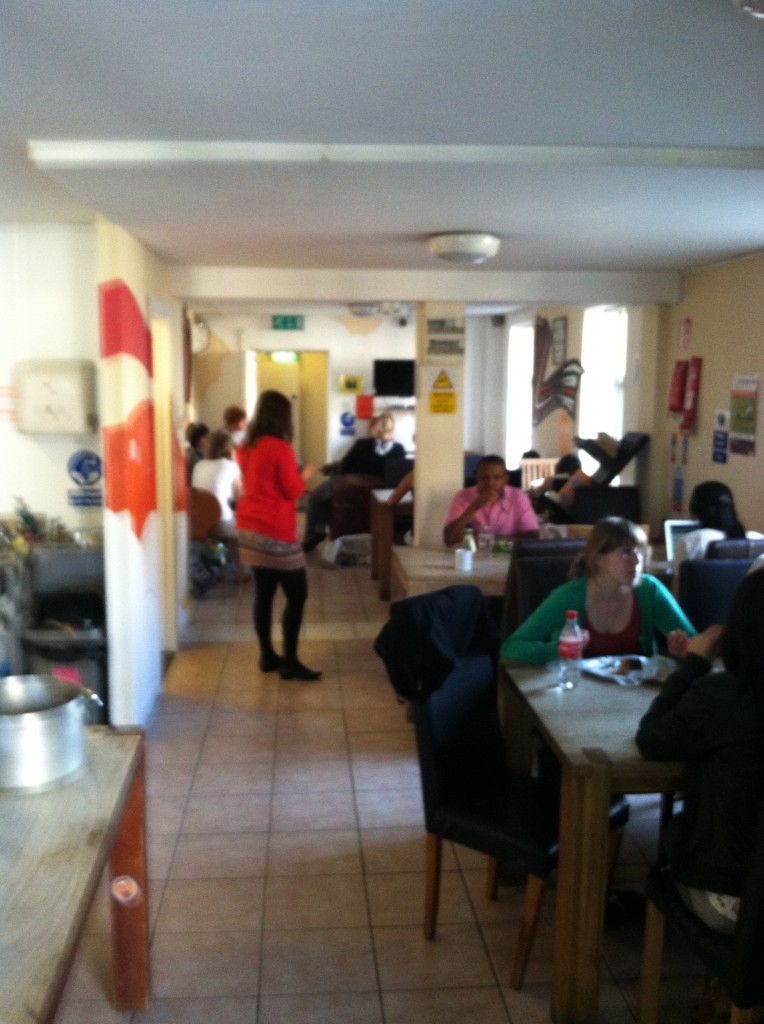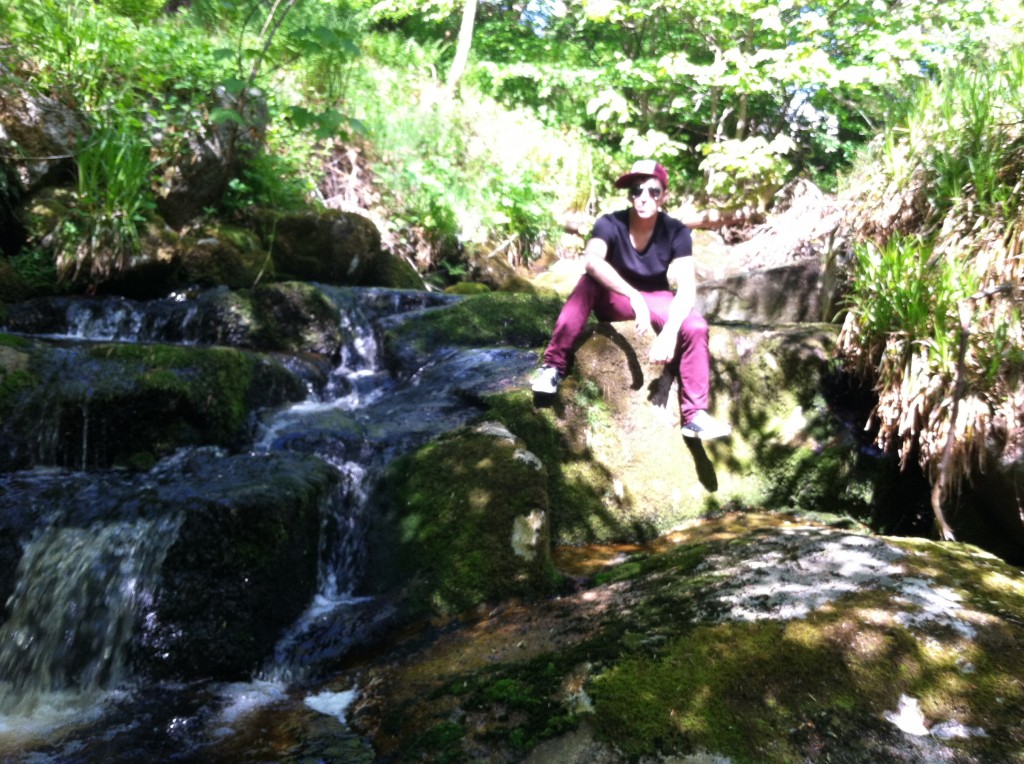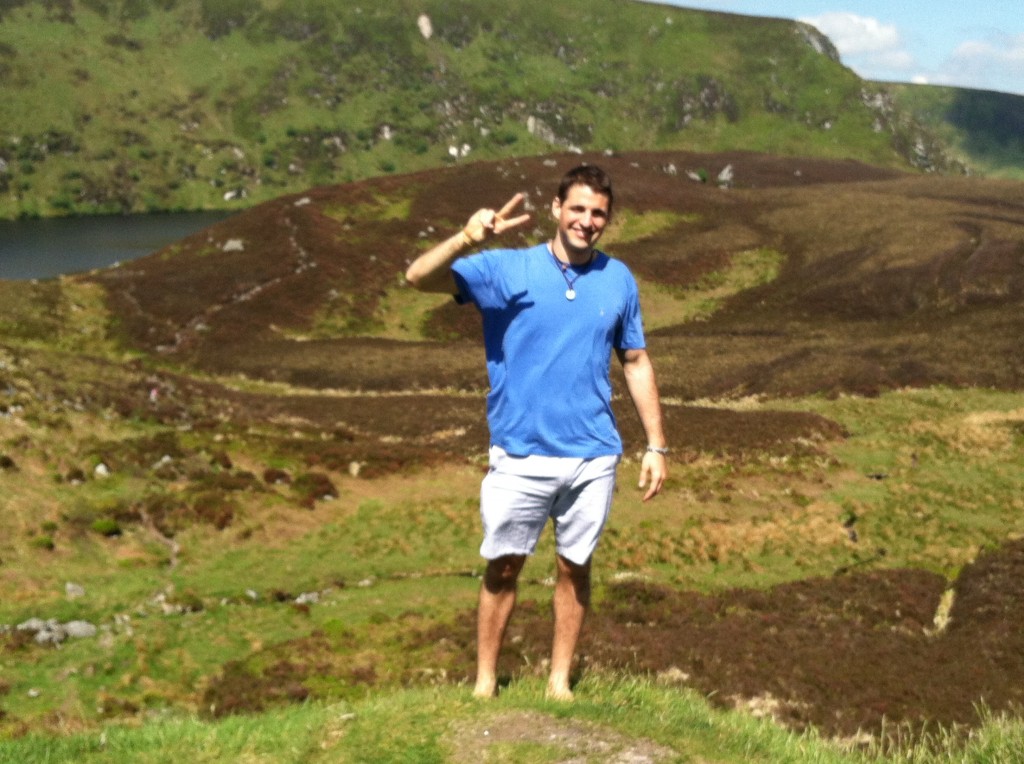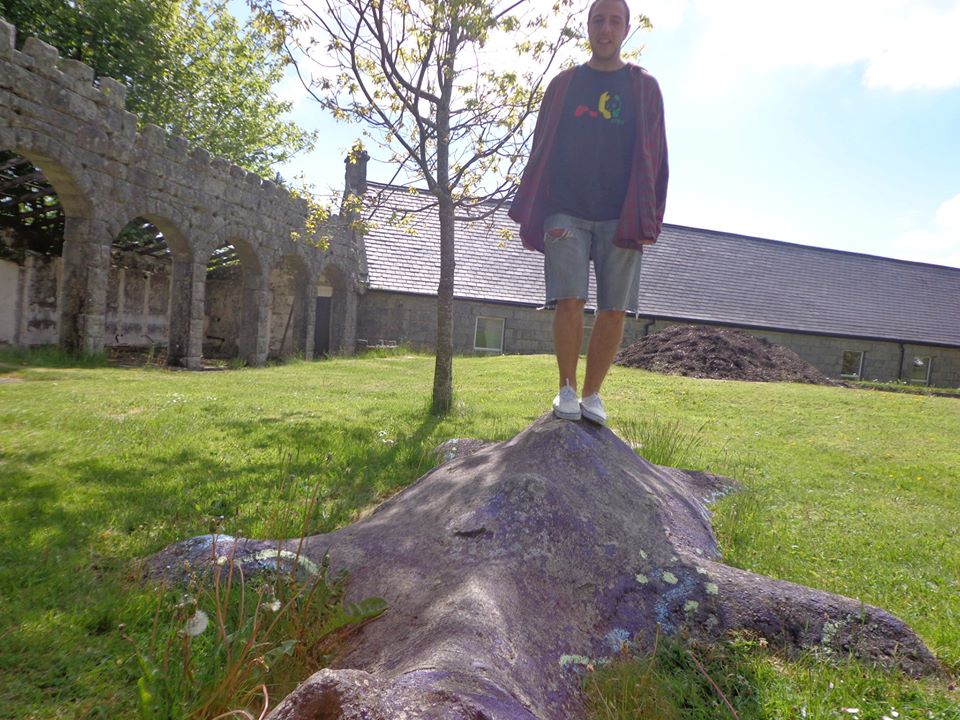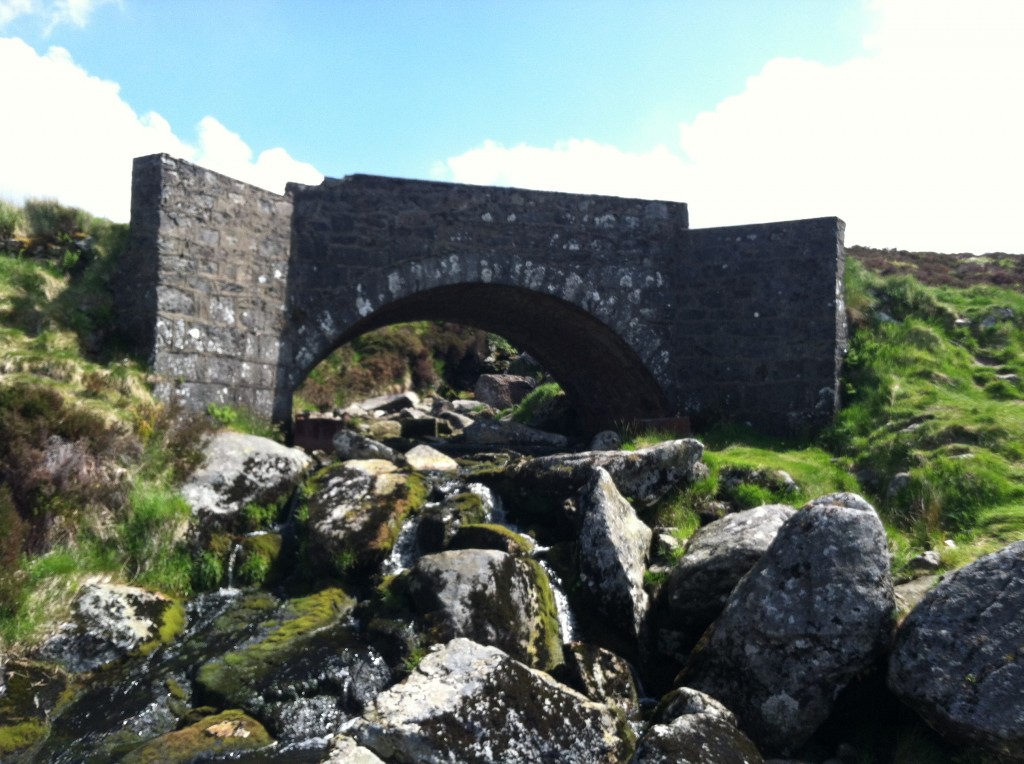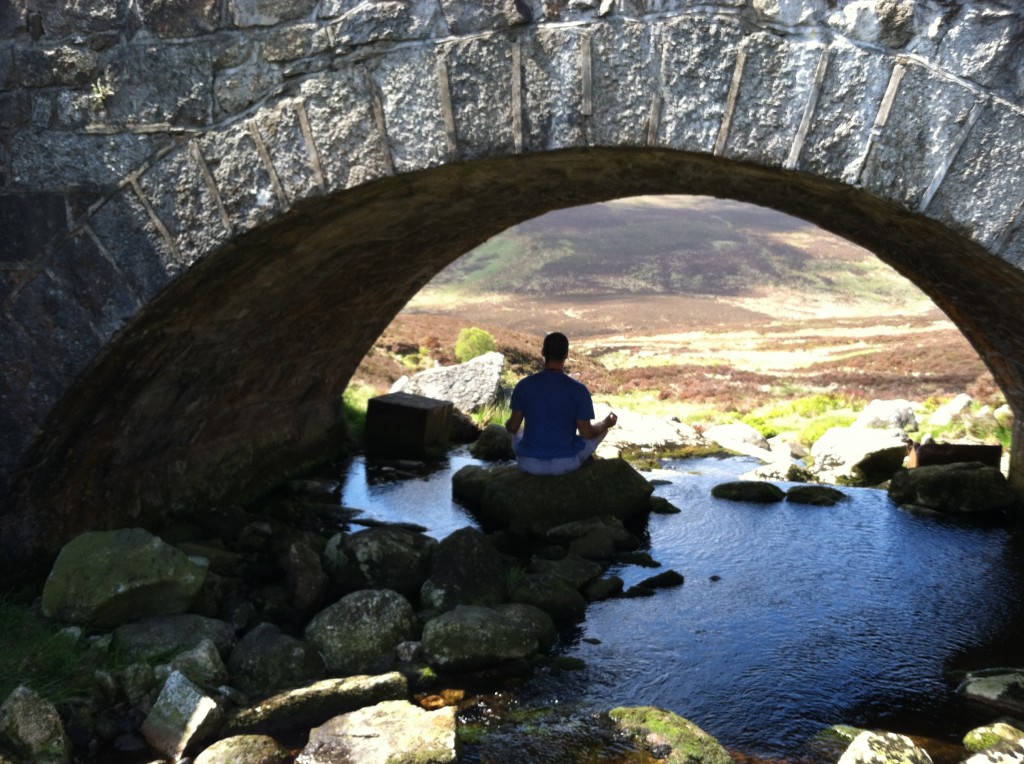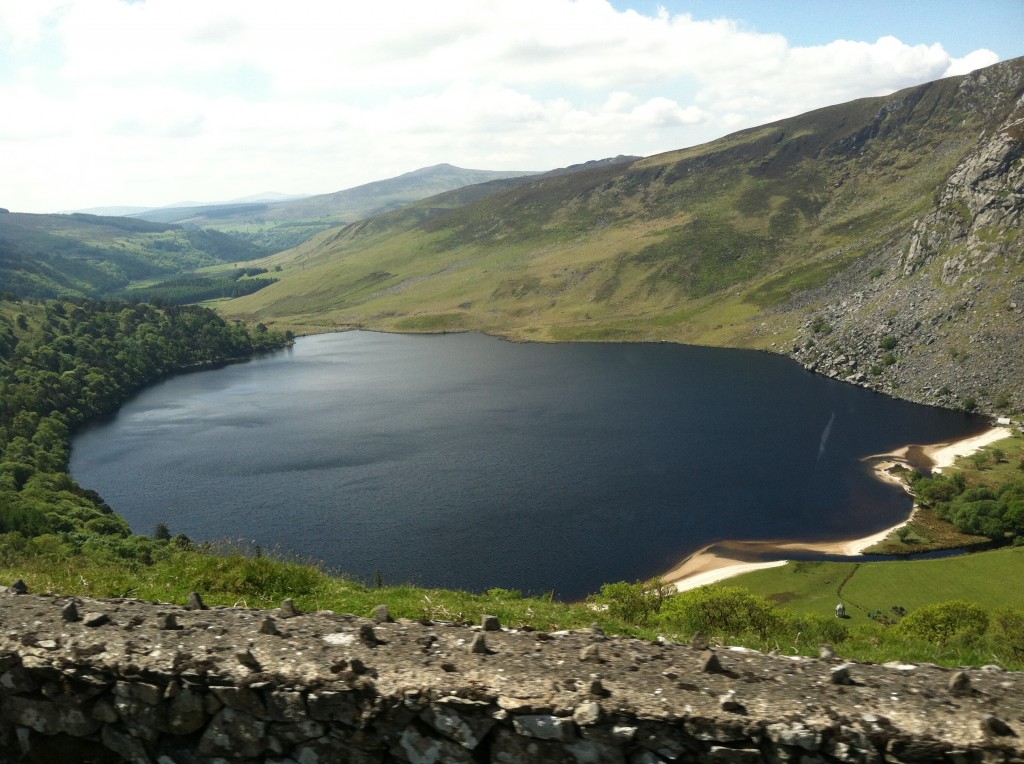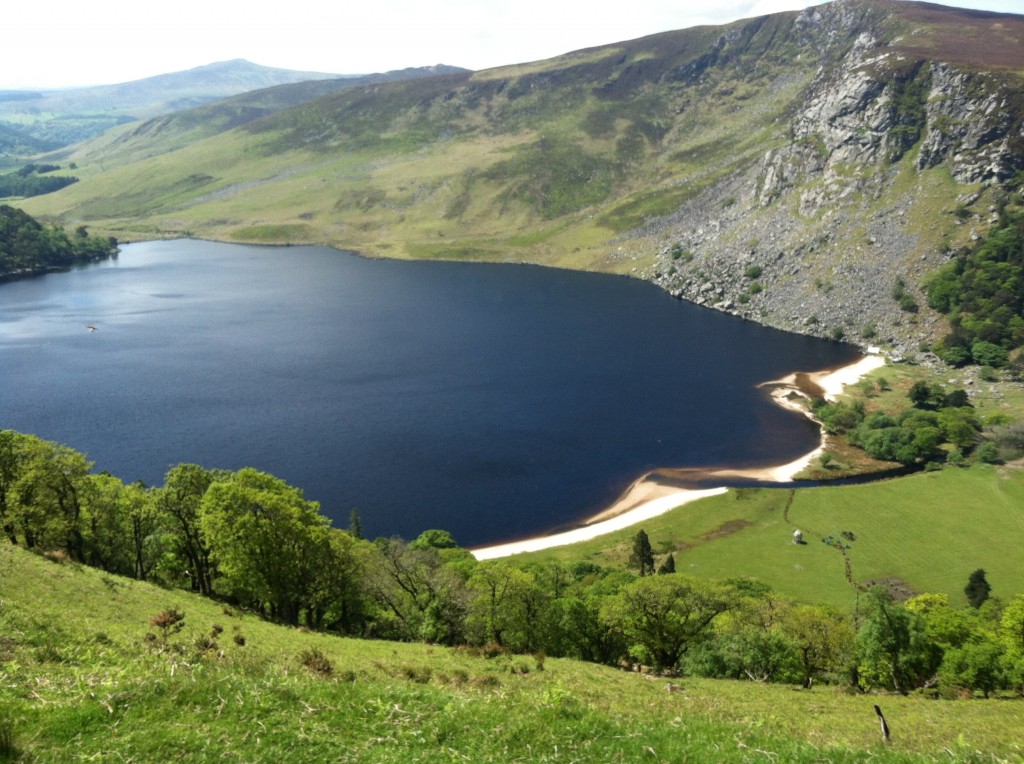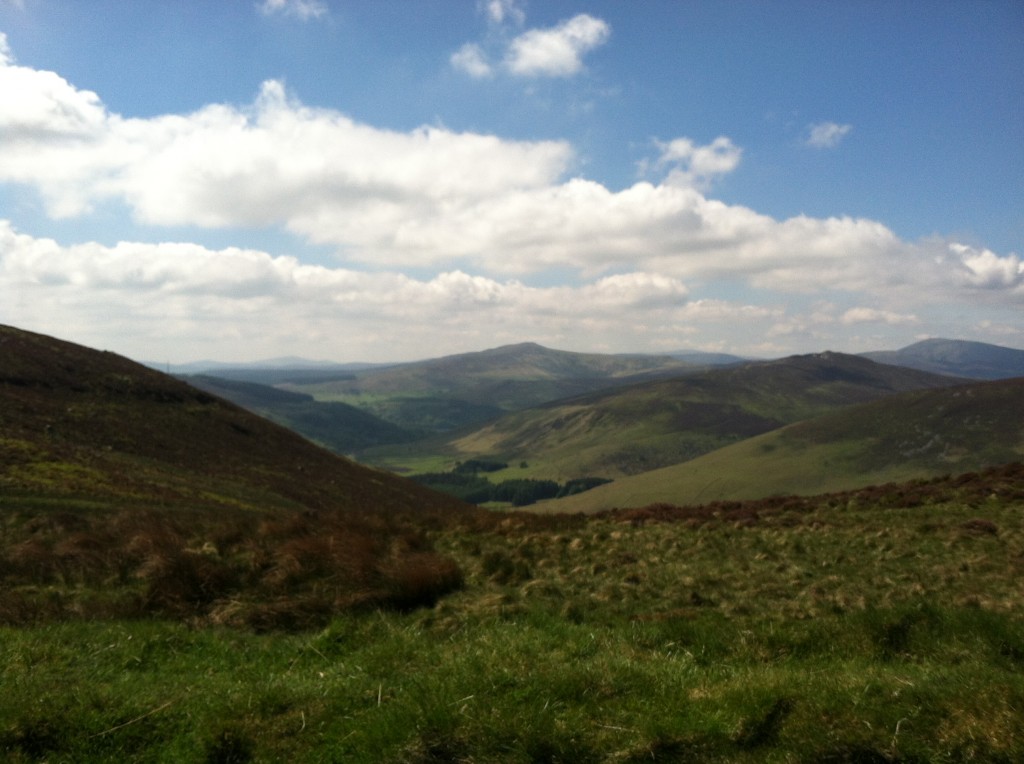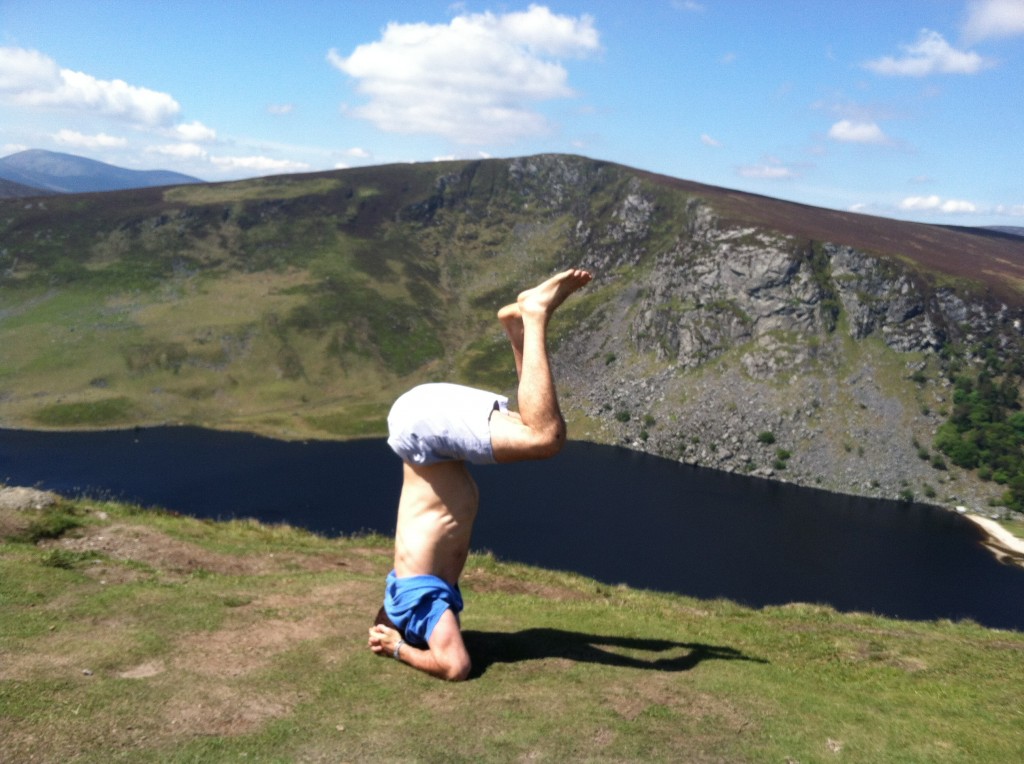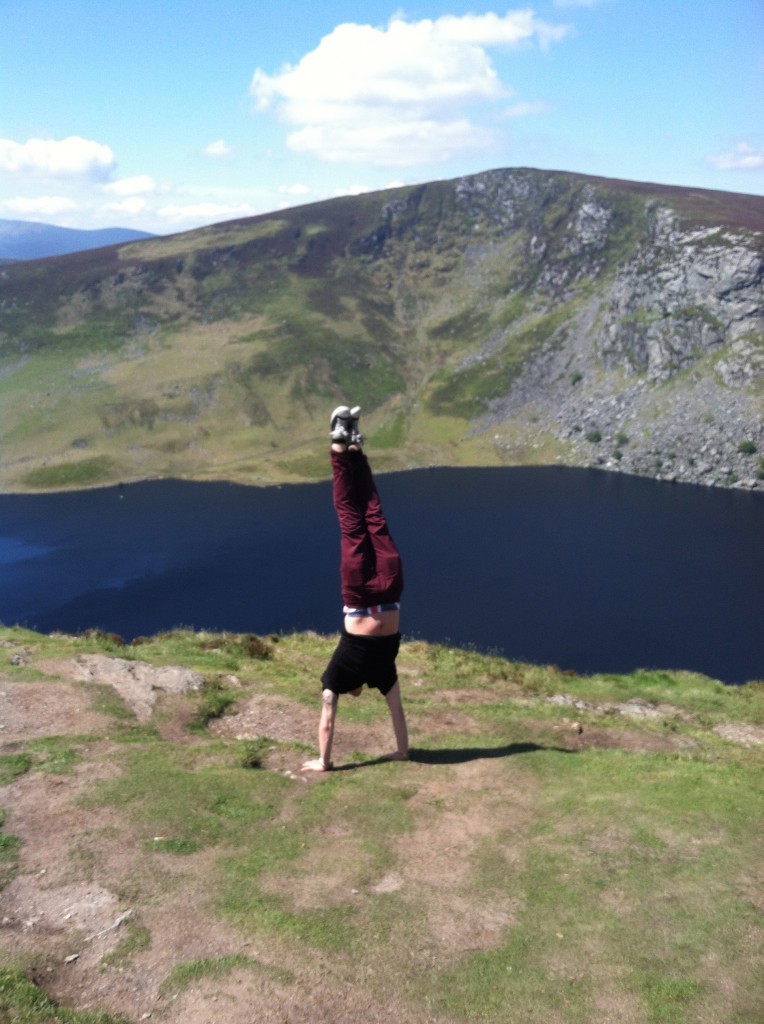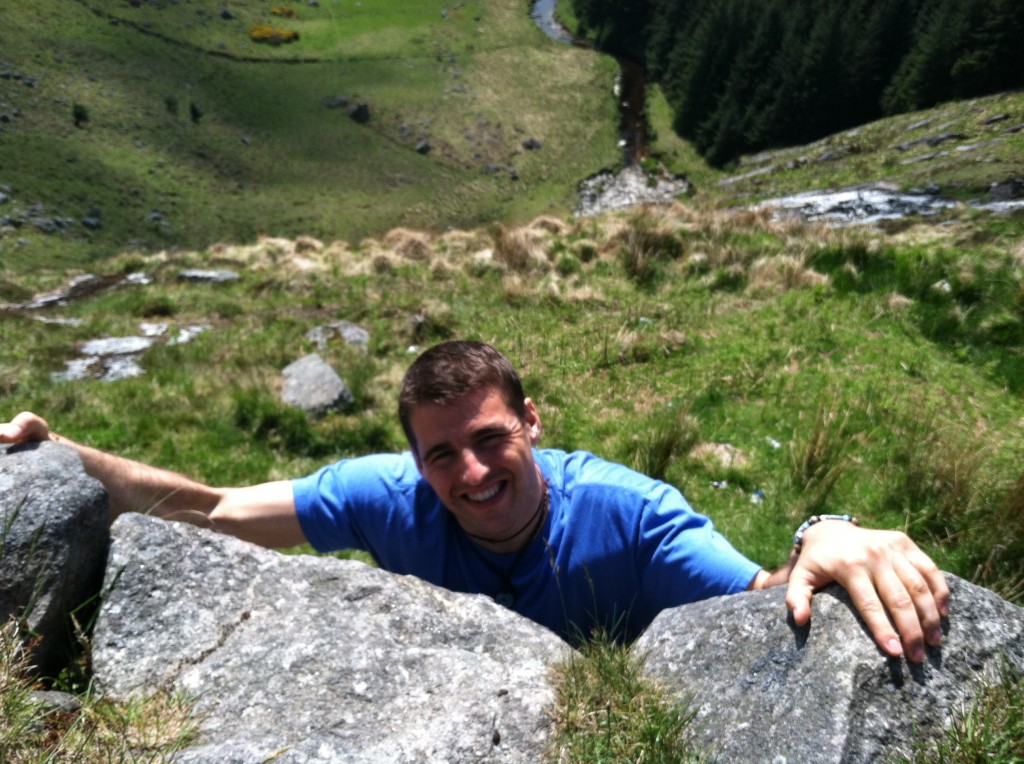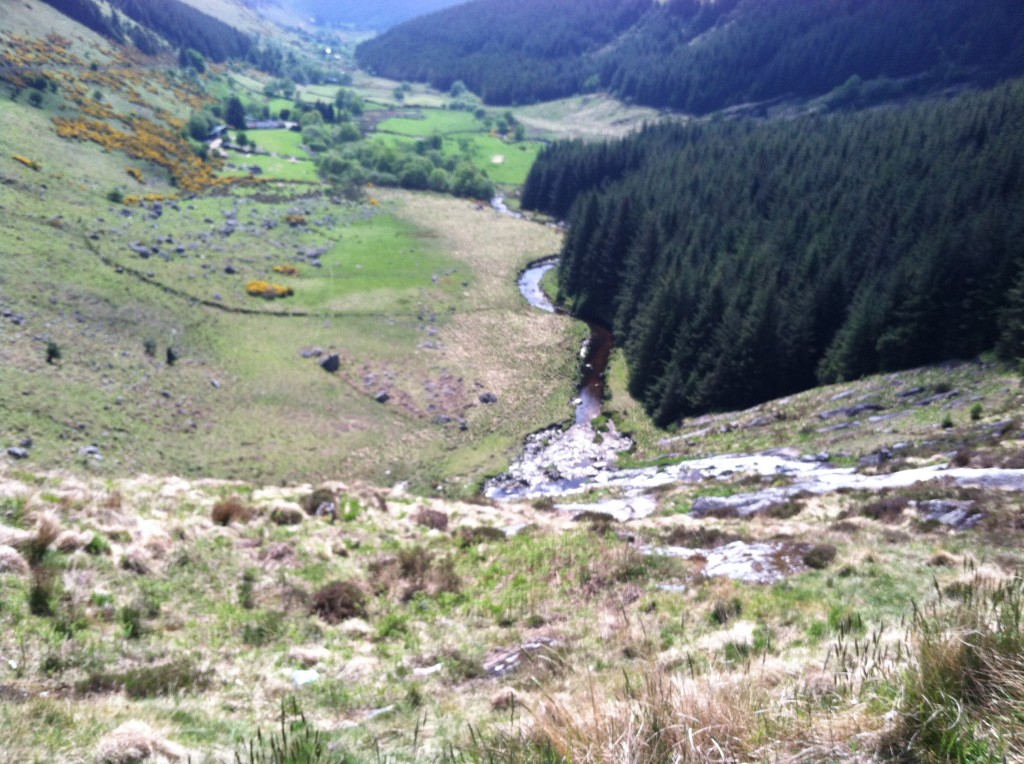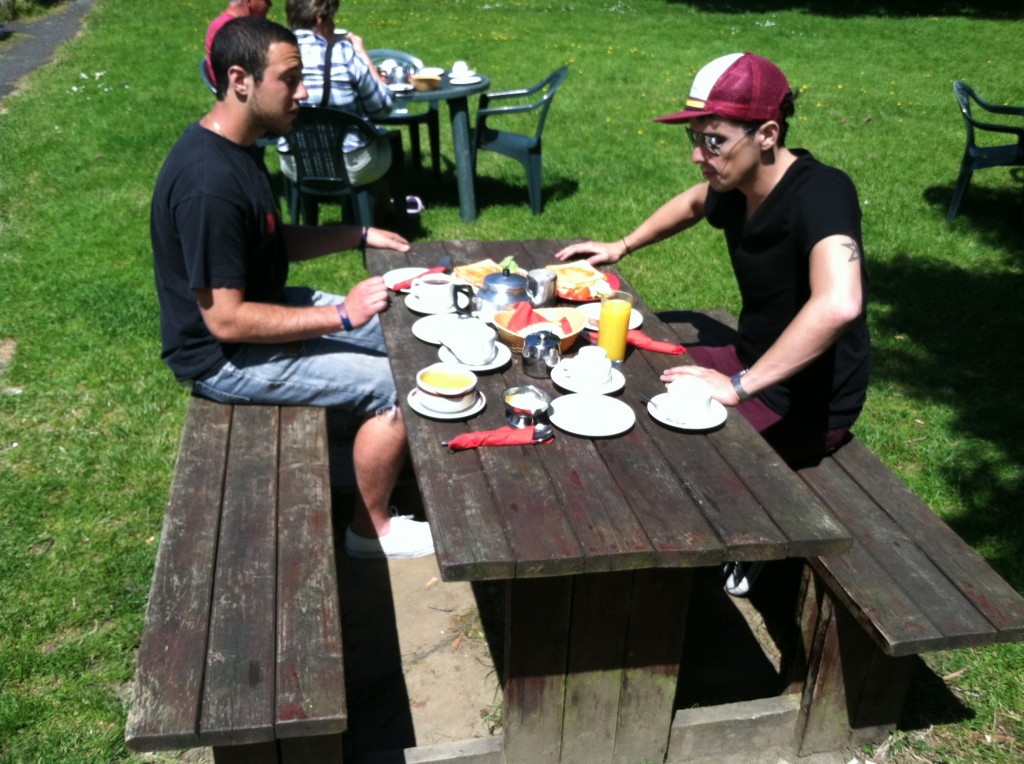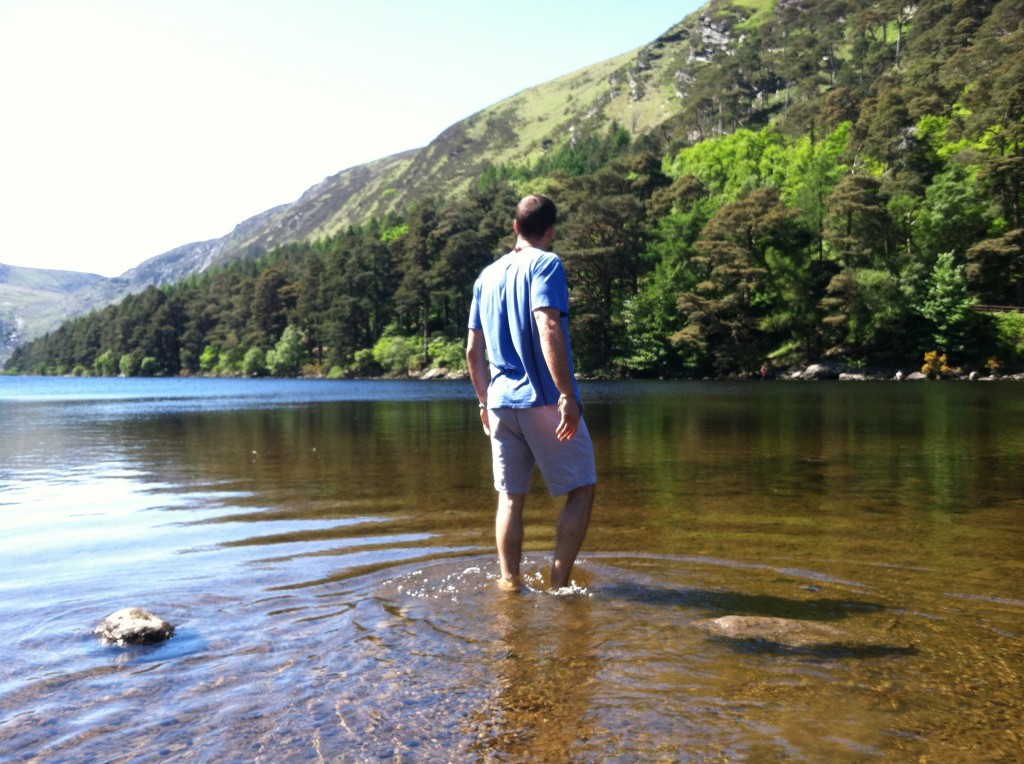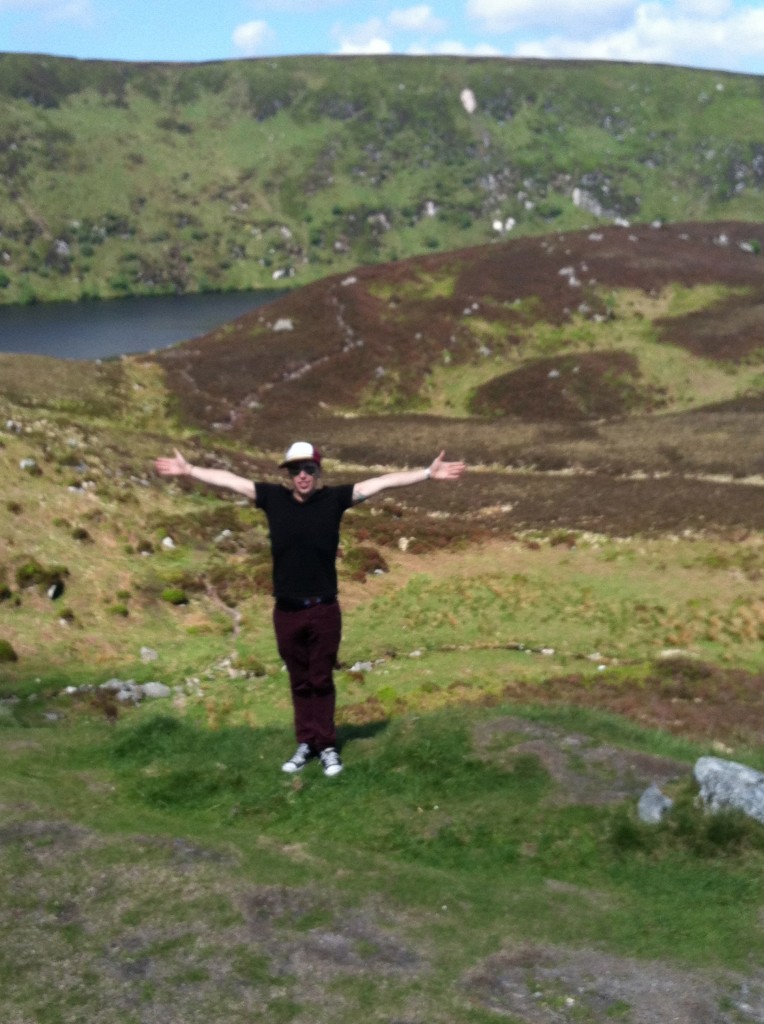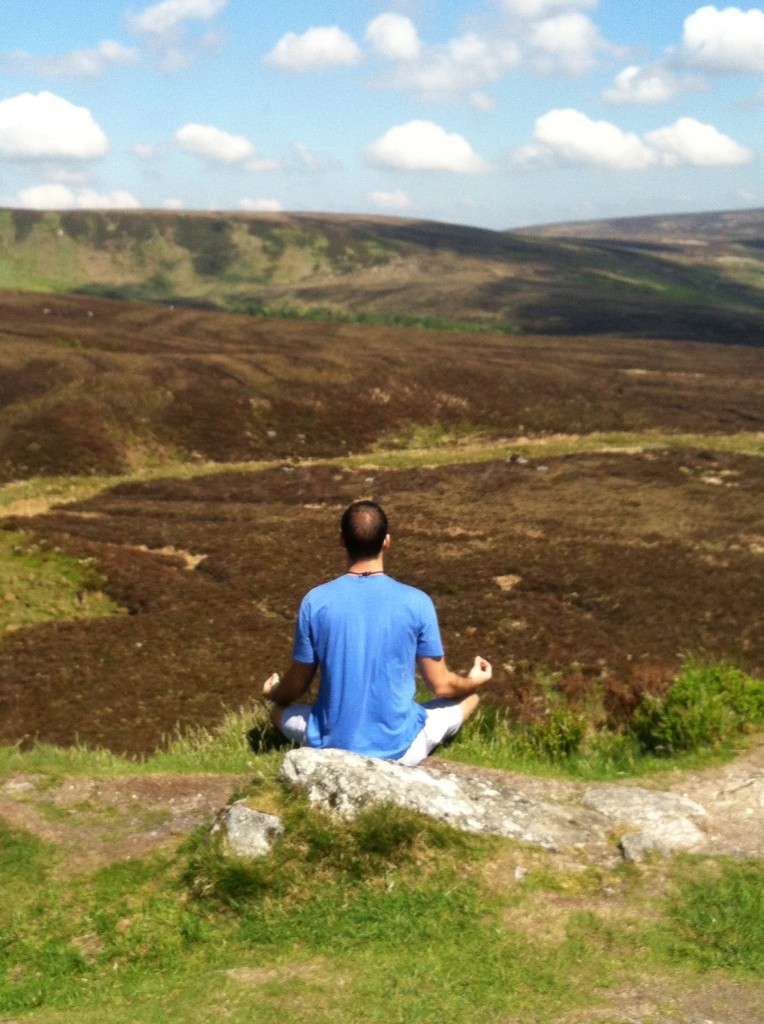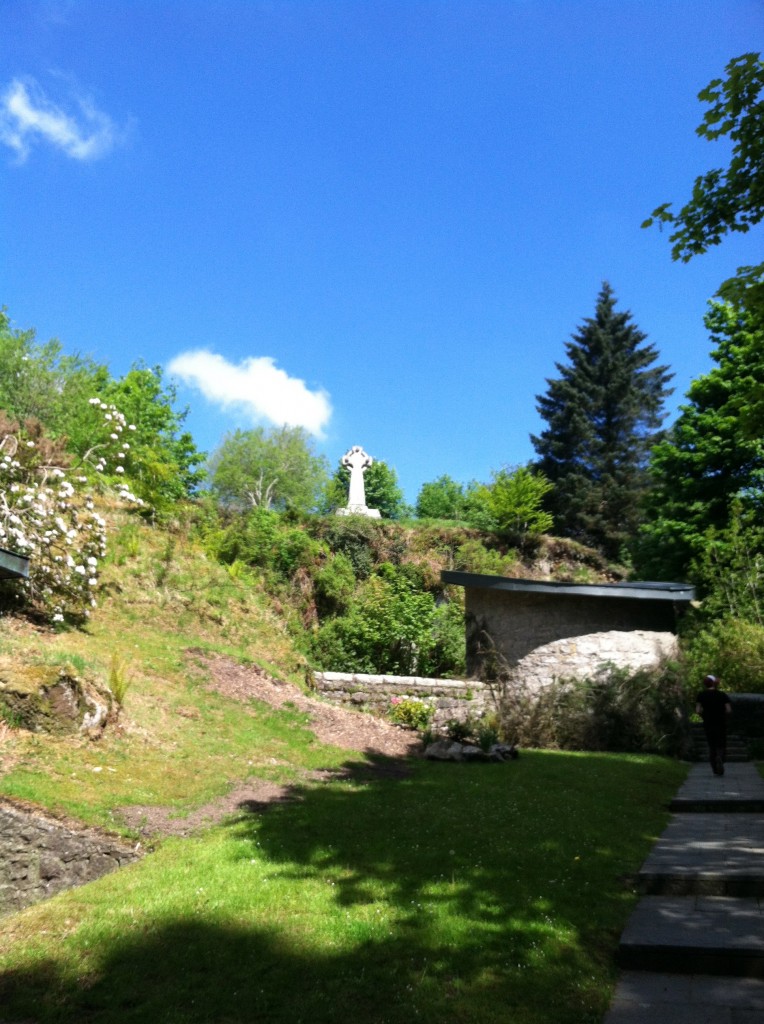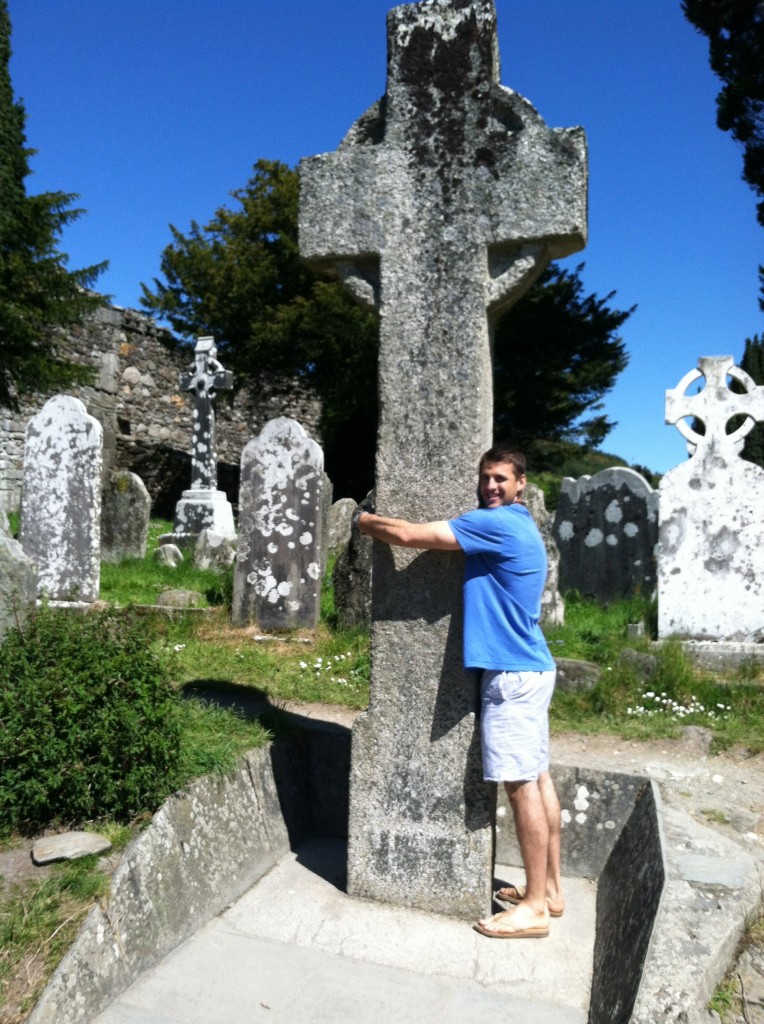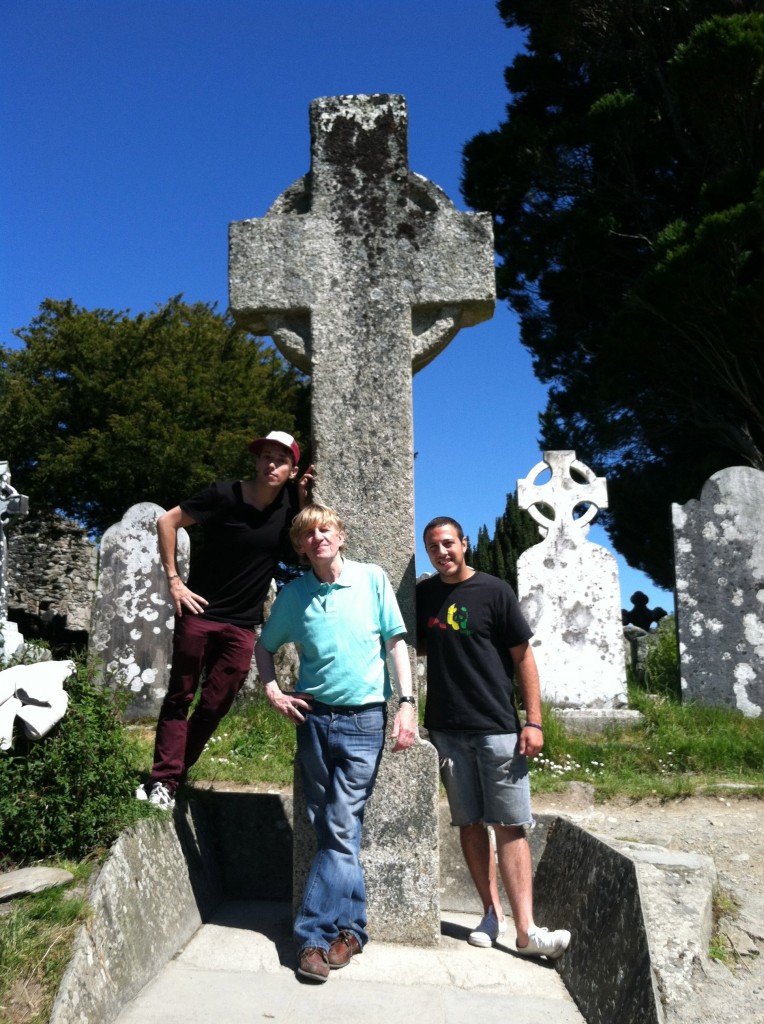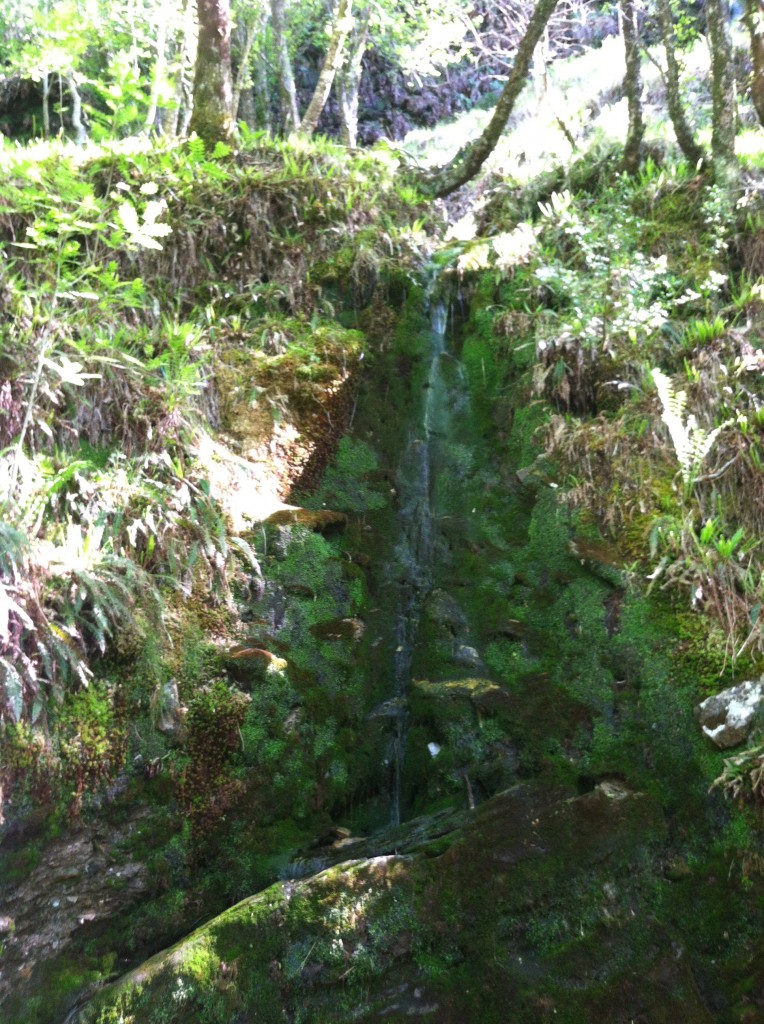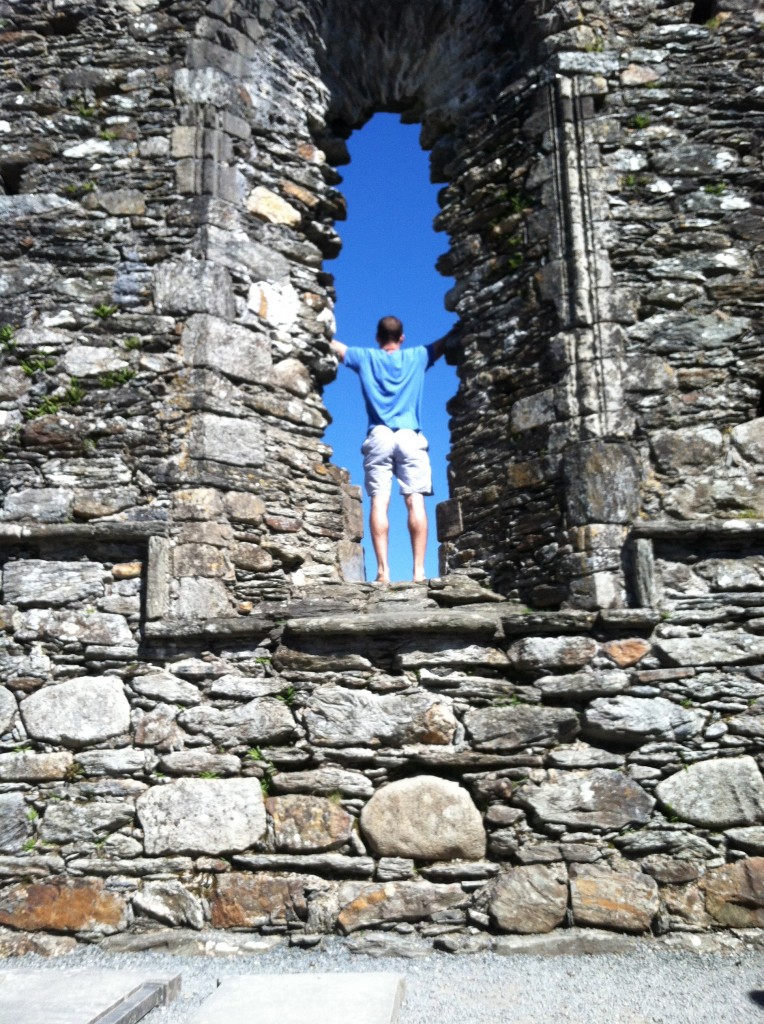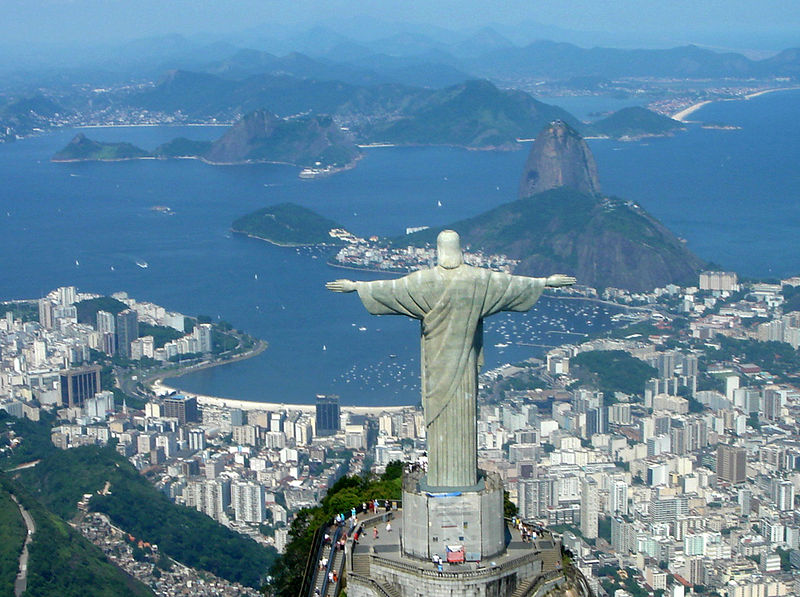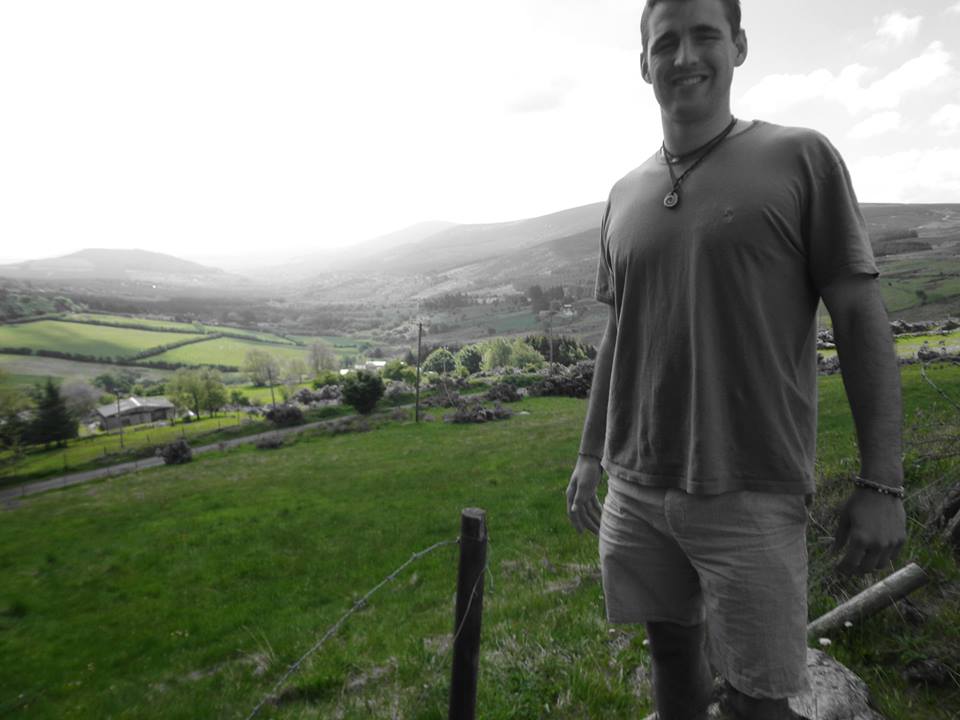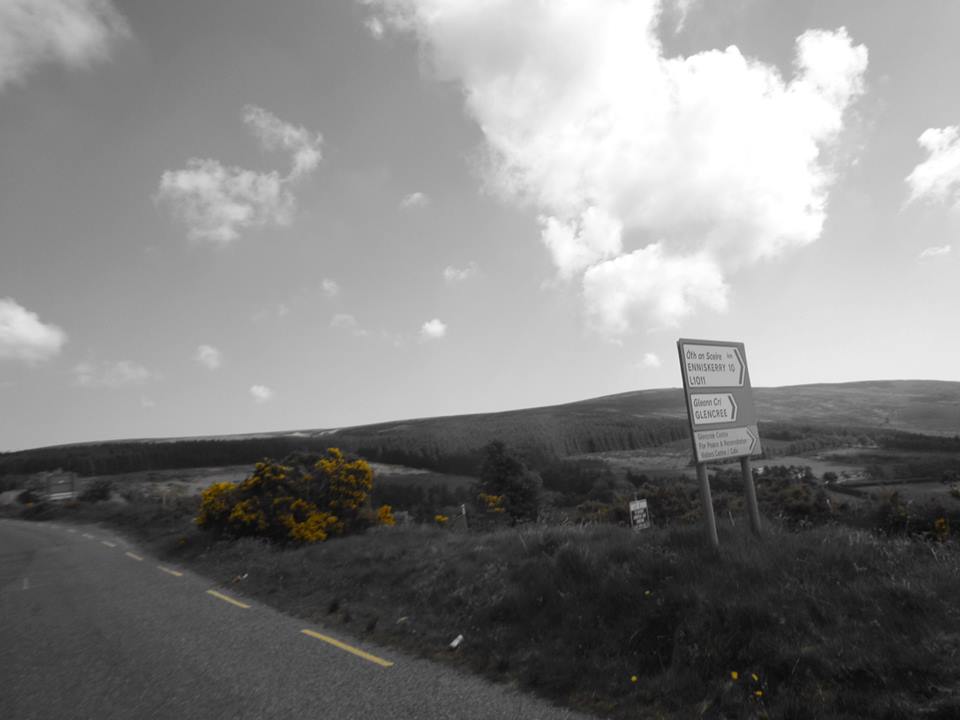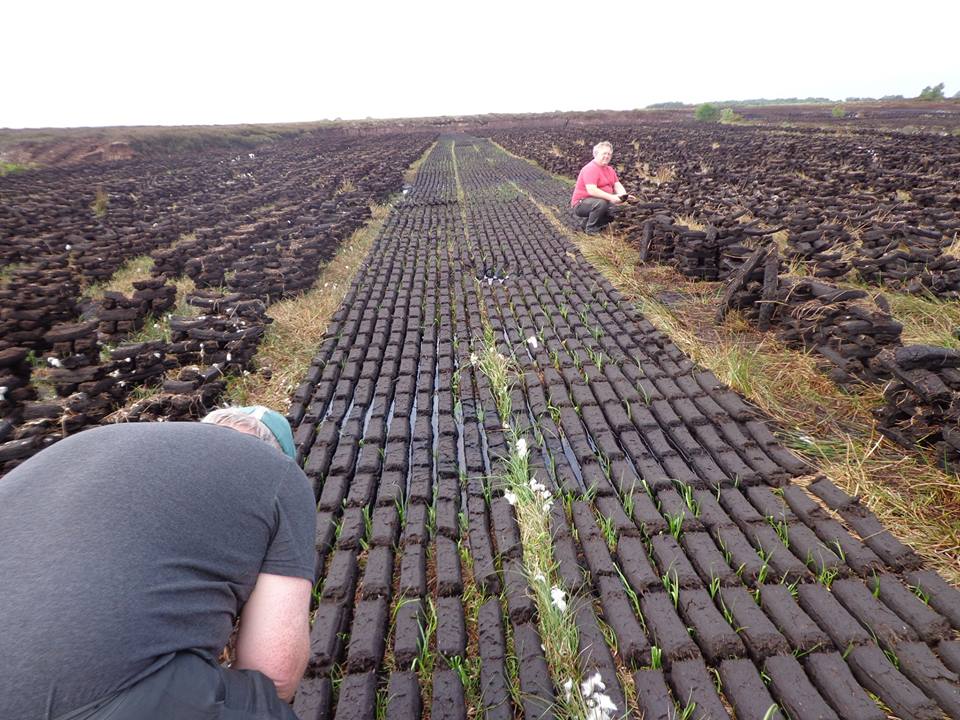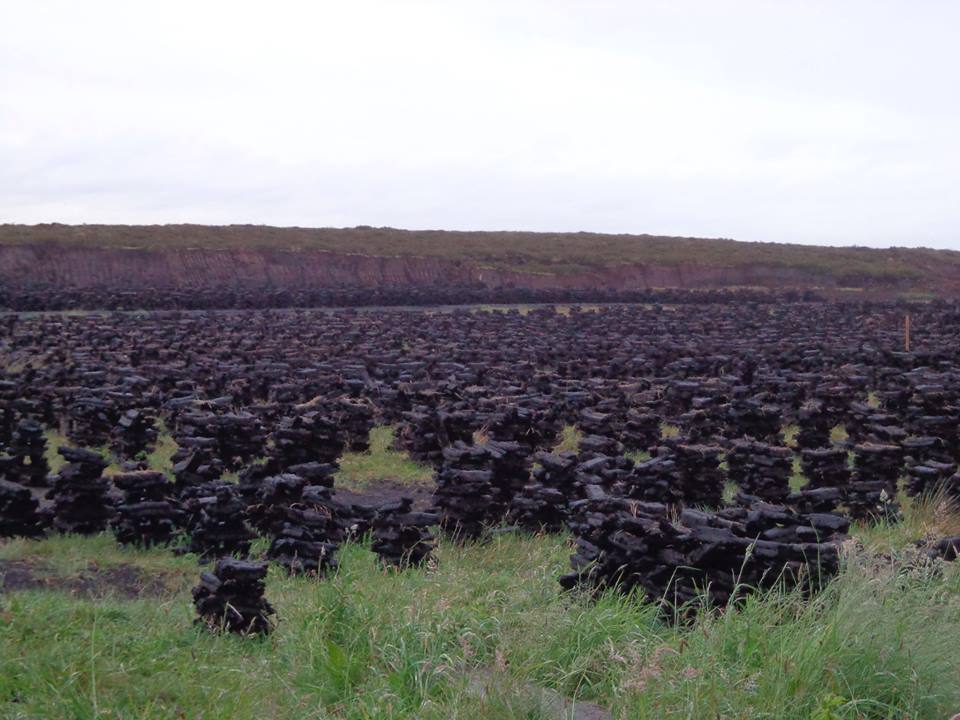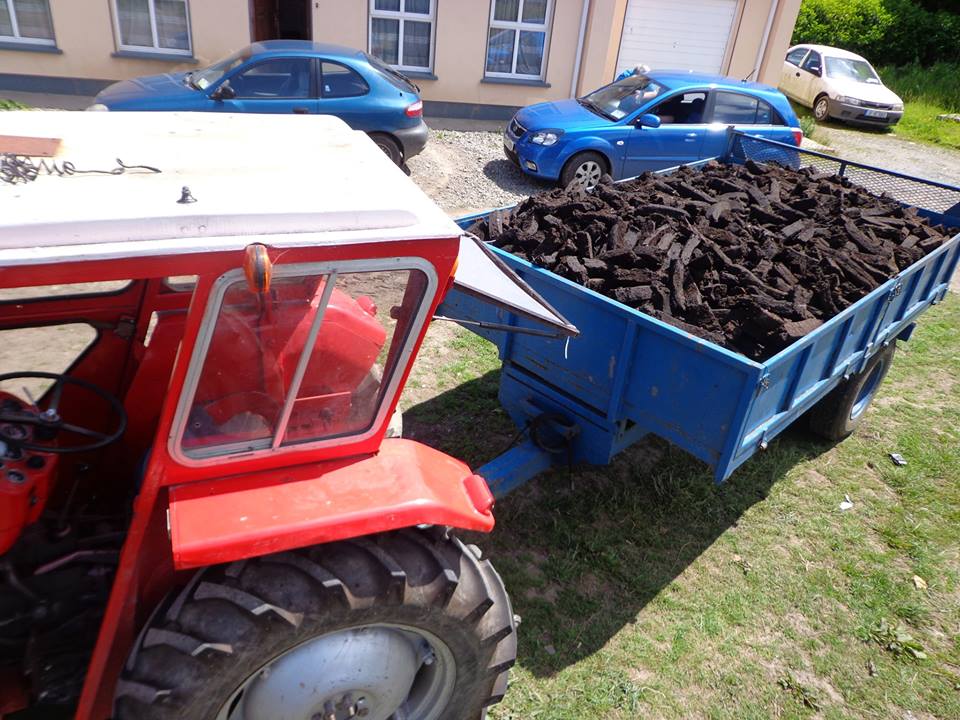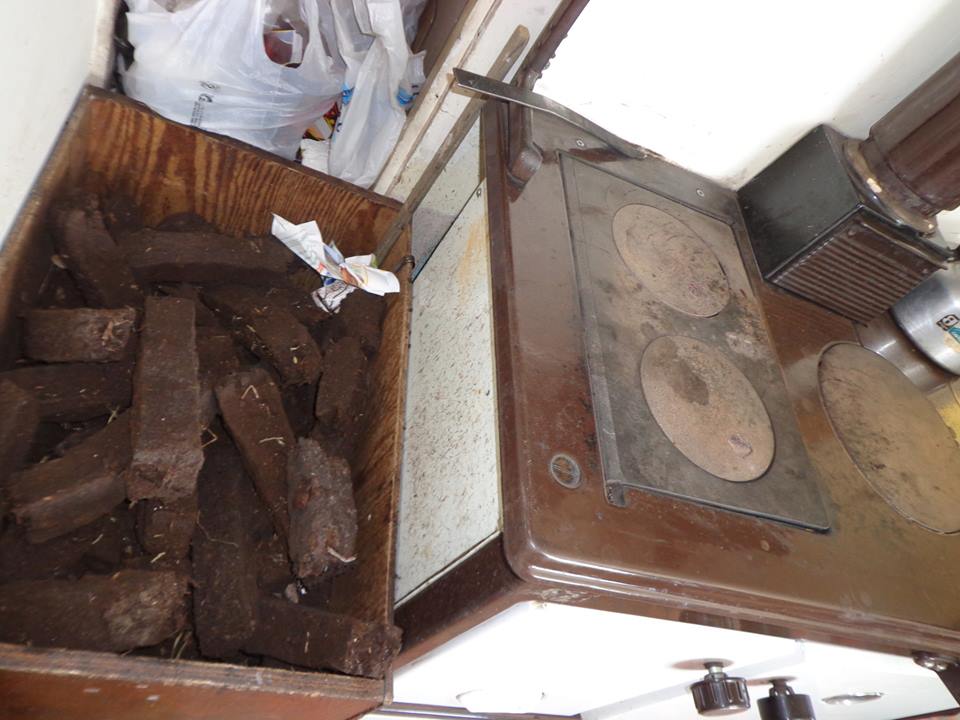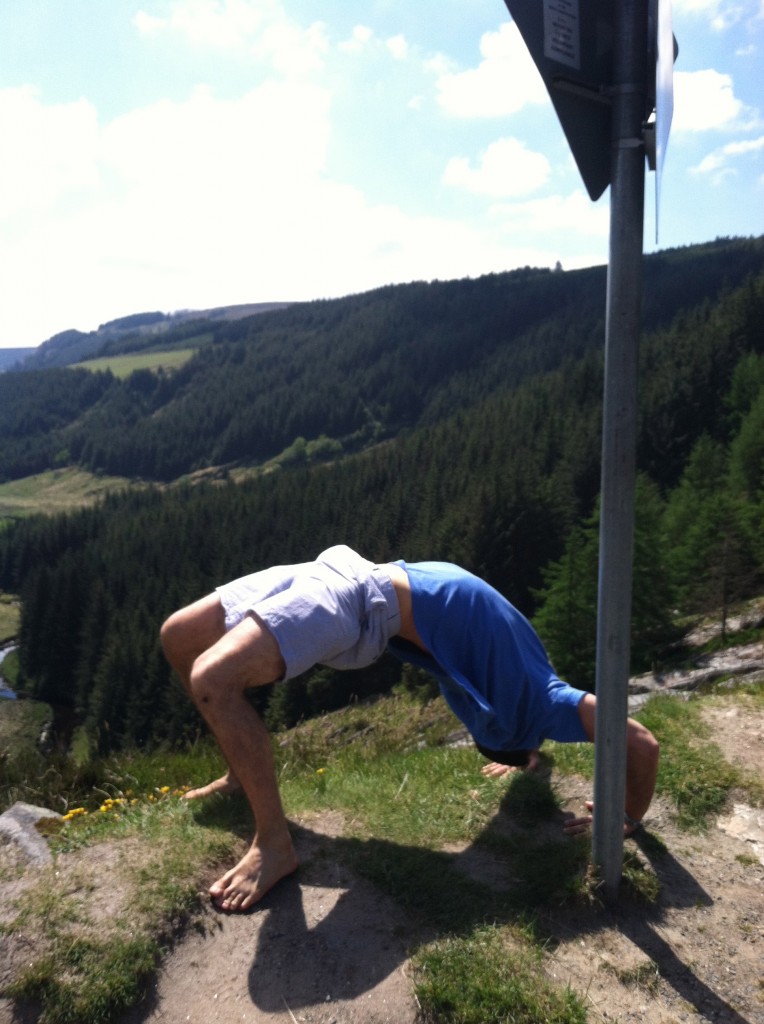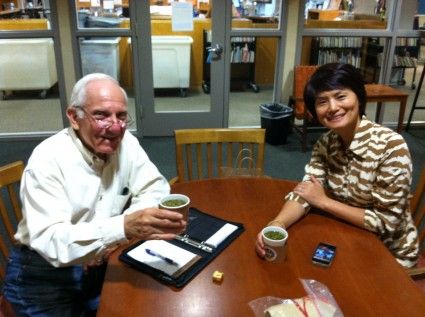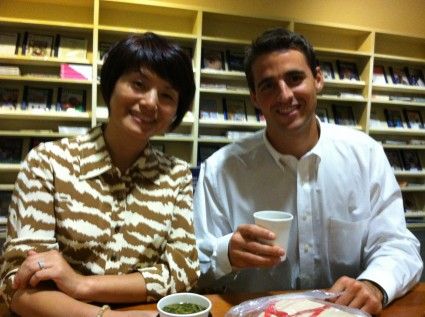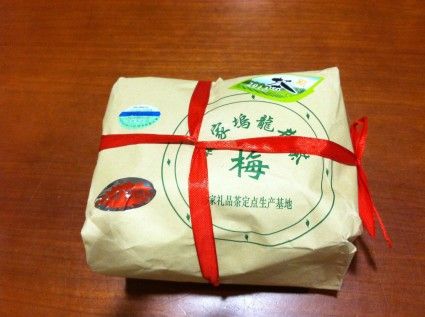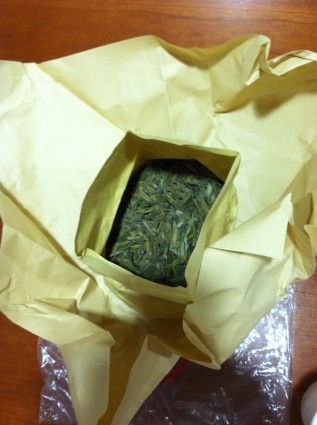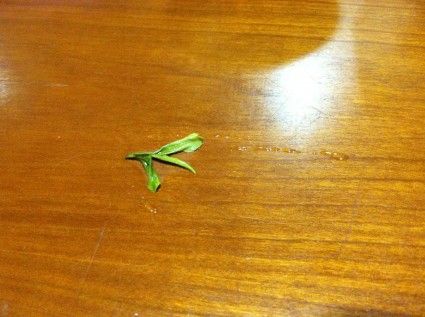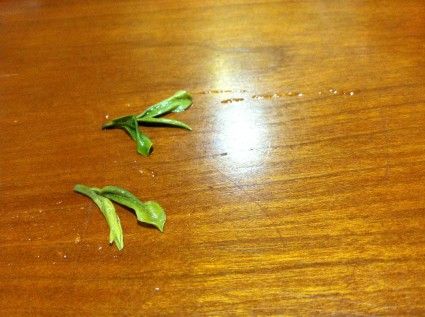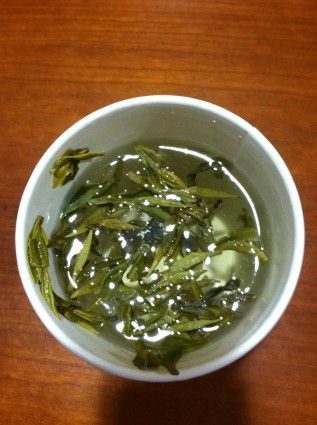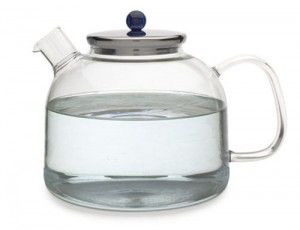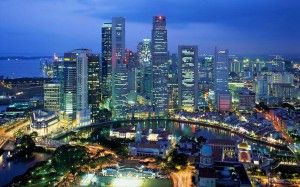Here are some shots I took this week in Siem Reap, Cambodia. Click each photo to enlarge. Enjoy 🙂
Tag Archives: Culture
Wade Davis is an award winning anthropologist, scientist, author, photographer, and film maker. But more than anything, Wade is an explorer. He has provided us with profound insights on culture through his living with little known indigenous societies all over the world.
Wade Davis Books:
Click to preview the books Wade Davis has penned. I intend on crushing The Wayfinders in early 2014.
Wade Davis on Culture:
Wade says, “The world in which you were born is just one model of reality. Other cultures are not failed attempts at being you; they are unique manifestations of the human spirit.”
This is one of the aspects I love about traveling — meeting people and experiencing cultures that look at life through a vastly different lens.
Wade continues, “In the end, I think it’s pretty obvious at least to all of all us who’ve traveled in these remote reaches of the planet, to realize that they’re not remote at all. They’re homelands of somebody. They represent branches of the human imagination that go back to the dawn of time.”
Amen. From an outsider’s perspective (usually a Western perspective), these cultures are remote and bizarre. But to the inhabitants, this is their life. And they don’t necessarily want the changes that are sometimes imposed upon them.
On Modern Geopolitics:
Wade says, “Genocide, the physical extinction of a people is universally condemned, but ethnocide, the destruction of a people’s way of life, is not only not condemned, it’s universally, in many quarters, celebrated as a part of a development strategy.” This is a stinging indictment on developed and developing nations and their leaders as well as the consequences of global competition.
Wade goes on, “Margaret Mead, the great anthropologist, said, before she died, that her greatest fear was that as we drifted towards this blandly amorphous generic world view not only would we see the entire range of the human imagination reduced to a more narrow modality of thought, but that we would wake from a dream one day having forgotten there were even other possibilities.” How monotonous would life be if all indigenous cultures were to assimilate to culture of modern Western culture?
Conclusion:
Wade’s thesis is that, “This world deserves to exist in a diverse way. We can find a way to live in a truly multicultural, pluralistic world where all of the wisdom of all peoples can contribute to our collective well-being.” I agree wholeheartedly.
What are your thoughts on this discussion?
Backpacking the Wicklow Mountains Near Dublin, Ireland
Backpacking the Wicklow Mountains Near Dublin, Ireland
I recently had an awesome backpacking trip to Ireland and this post will discuss my experience in the Wicklow Mountains.
You always meet the most wonderful people when traveling the world. This trip was no exception. Here are some thoughts and tips that I’ve gathered through my experience backpacking and traveling in the Wicklow Mountains of Wicklow County in Ireland.
Ireland has a population of 4 million with nearly half (1.8 million) living in the metropolitan Dublin area. Just outside of this international metropolis, one can find the amazingly beautiful oasis known as The Wicklow Mountains.
In 45 minutes, we went from this:
To this:
I arrived in Dublin after taking an overnight flight from NYC. I was traveling solo and got to The Times Hostel (near Trinity College) at 5:30am local time. I was working on one hour of sleep and a ton of adrenaline and excitement as it was my first time in Europe. I wasn’t able to check in yet but the receptionist was nice enough to let me store my backpack and have breakfast upstairs in the kitchen. Almost instantly, I met a couple of backpackers (Peter and Eddie) who looked like they were still up from the night before. These guys were vastly different from each other but they seemed as though they were best friends.
The kitchen at Times Hostel on College Street. At any point in time, one can meet people from 10+ countries and hear conversations going on in 10+ languages. Love that.
Peter and Eddie explained that they had gotten two hours of sleep but after I asked if they wanted to join me on a tour of the Wicklow Mountains, they were all for it. Like true backpackers, they shrugged off their fatigue and braced themselves for another memorable experience. The bus left at 7am and it was 65 degrees (F) and sunny — we were constantly reminded that this was not the norm. It was one of the nicest days of the year.
Eddie, we’ll be lifelong friends after traveling together for less than a week. What a terrific, unique person:
Here’s me taking in the fresh Irish air in the Wicklow Mountains:
Peter (below) was the first person I met in Ireland. His kindness set off a chain reaction introducing me to 15~20 other amazing people over that next week. Peter is an open+minded free spirit and we formed a strong connection over his future plans to explore SE Asia and meditation.
The bridge from PS I Love You
You can see the scene here:
Before finding yoga and meditation, life moved so quickly and on New Years each year I would say, “Where did that year go?!” That’s why I like to practice yoga and meditation during my travels. It roots me in the moment and increases my awareness and presence.
Now whenever I want to, I can easily manifest myself back to moments like the one below:
Photograph of Guinness Lake in the Wicklow Mountains of Glendalough County, Ireland. After speaking with locals, I gathered that the Guinness Family is one of the most successful and respected families in all of Ireland.
Doesn’t the sand look like foam on top of a dark pint of Guinness?
Sunny and 75 Fahrenheit, a rarity in Ireland 🙂
Here’s me preparing for headstand (Sirsasana). This was unique because if I had fallen two feet to the right, I would have probably died.
Eddie getting in on the fun:
Here’s me climbing up a field in the Wicklow Mountains. For each stop the bus made, the driver allotted a certain amount of time for us to explore. The tourists usually stayed on the bus or texted on their phones but the backpackers, Peter, Eddie and I pushed it to the limit every time:
As they say, the river runs through it:
Peter and Eddie taking a lunch break. The restaurant is run out of the owner’s home. There is a bathtub in the bathroom that customers use. New meaning to the term “family restaurant.” 😉
After hiking all day, it felt amasing to take a break by walking in the cold lake on smooth massaging stones:
Eddie being Eddie 🙂
This prompted Peter to ask me about meditation and how he can get started. Here’s me taking in another unforgettable moment in the Wicklow Mountains. God’s Grace was surely shining on this day.
A celtic cross high on top of a hill:
Me hugging an extremely old (10th century) cross:
Peter, Eddie, and our tour guide. Don’t remember his name but he’s a great guy. Called us “The three crazy lads.”
A waterfall that Peter scaled in about 6 seconds flat:
Me impersonating the infamous aerial Rio shot:
Looks the same, right? 😉
Eddie took this shot of me as we stopped for a break of tea and biscuits:
The beautiful Wicklow Mountains in Glendalough County. Glen means valley in English. Glendalough translates to: the Valley with two lakes. Here’s a shot in black and white with the beautiful shrub called Hedder depicted in yellow:
In our travels in the Wicklow Mountains, we came across an enormous amount of what the Irish call, “turf.” The land here in the Wicklow area is raw and not good for farming. But there’s turf. And a lot of it. The turf is 100% natural and comes from the ground like this:
The turf is one of Ireland’s biggest exports — it’s shipped mostly to other Western European countries. The harvesters stack it like bricks of hay:
The turf is used it as fertilizer and compost. *Note: The compacted version of this turf gives off tremendous heat when burned and it’s used as an incense (interesting fact for our yoga readers.)
The turf is also used for heating homes:
Me practicing wheel pose overlooking a valley. There’s no doubt that the experience was more lucid after a wee backbend 😉
One of my favorite parts about traveling is conversations that matter. I’m passionate about discussing important issues with people who come from different countries, cultures, and perspectives. On this day, the conversation in the Wicklows was centered around language.
I’m learning Mandarin and Spanish. Eddie is fluent in French, English and Spanish. Peter speaks Italian and English and our tour guide spoke English and Gaelic. We taught each other a few words and phrases and then changed the tune of our conversation to the importance of language in term’s of a country’s history, culture, and future.
Only 15% of Ireland speaks Gaelic although there’s been a recent push to revive the language in the interest of strengthening the culture. In Jim Rogers’ book Adventure Capitalist, he criticizes the Irish for teaching Gaelic, calling it a waste of time and referring to it as a “dead language.” I disagree with Rogers.
It’s true that as a result of globalization, English, Spanish, and Mandarin are encroaching upon other languages effectively “killing” other languages.
But I feel that a country’s language is so crucial to the nation’s identity. It is the DNA of a culture. Learning Gaelic helps:
- Promote the history of Ireland
- Increase awareness of native identity, giving students a foundation to know their roots
- Encourages people to be more artistic and creative (write books, make music, create art in Gaelic)
It’s no surprise that countries that deeply care about their culture (such as Israel) emphasize the importance of learning the native language.
The French are similar. L’exception culturelle (Cultural Exception) is a policy that was introduced in France in 1993 to promote French language and culture. This is one of the reasons that the French resist speaking English (I’ve noticed this while making friends with the French while traveling Asia) unless they absolutely have to. Can you imagine France and French culture without the French language?
I believe that out of gratitude, you owe somewhat of an allegiance to wherever you’re living and working. Out of respect, we can learn about the country’s history, speak the language, and enhance the culture.
On Friendship
It’s six months later and Eddie, Peter and I are still connected. Both Eddie and Peter read Lucid Practice and we share ideas and thoughts on traveling, yoga, meditation, and life. It’s incredible how you can meet someone and spend just a few short days together but form such a strong lifelong connection. Then, there are other people who maybe you’ve known for years but have never been able to connect with on a similar level. Interesting.
I think back to our travels and what resonates the most is the people we’ve met and the connections we’ve made. Whether it’s been China, Southeast Asia, Europe, or wherever, meeting and connecting with locals and other travelers has been so impactful.
I remember reading a quote in Backpacker Magazine that sums it up perfectly:
“Some of the best times traveling are when it doesn’t go to plan and you end up in a random place having a random conversation that leaves a real impact on you.”
Conclusions on Traveling the Wicklow Mountains
I strongly suggest venturing outside of Dublin and visiting this incredible area. The countryside offers a refreshing contrast to the bustling city.
The air is crisp, the rolling hills and mountains are breathtaking, and the people are friendly, knowledgable and engaging. I recommend renting a car or traveling with a tour bus but make sure it’s an all day tour — otherwise you might feel rushed and it will be difficult to be present. And mix in a few asanas (yoga postures) and seated meditation sessions along the way. 😉
Another option is hiking. There are close to 100 marked trails, many of them along streams, up rivers, and alongside beautiful natural shrubbery. I’ll leave you with a quote that sums up how I feel about our experience in the Wicklow Mountains:
“My father considered a walk among the mountains as the equivalent of churchgoing.” ~Aldous Huxley
Has anyone had a similar experience in the Wicklow Mountains or in any location?
What Each Color Means in Feng Shui
Via Katie Rogers on Mind Boddy Green
We’ve all experienced the profound difference a new shade of paint can make in a room. Or how a red dress makes us feel as opposed to a light blue one. This is not to be undervalued! Colors have meaning and express a certain energy, and our subconscious is constantly taking cues.
Simply put, color is one of the most powerful tools used in feng shui.
If you’re looking to make a change in your life, you may want to reconsider the color schemes in your home and office. But do so consciously! Start with the following list, and consider hiring a feng shui consultant who can help you choose the appropriate colors according to feng shui principles, such as the bagua map and elements.
Red
Red represents the element of fire, and because of its intensity, is considered a lucky color in feng shui. Use it in doses to redirect energy around the home.
Basic meanings: hot, bold, daring, high voltage, lucky.
To read the rest, click here for Katie’s terrific, succinct guide to feng shui colors.
3 Things You Didn’t Know About Tea and China
3 Things You Didn’t Know About Tea and China
Every other Wednesday night, my friend Jane from Hangzhou, China, meets a few of us at the local library for Mandarin Chinese lessons. It’s a small group, usually me, Jane, and Thomas. Thomas is a great guy who’s passionate about Mandarin and more advanced in his knowledge than I am.
Jane and Thomas:
Jane is an incredibly kind person. Not only does she donate her time and teach us for free but she’s so focused during our meetings and I know she genuinely cares about us. She’s also very smart and concise and she asks poignant questions (as do many of my Chinese friends.)
Here’s Jane and me:
This past Wednesday, Jane brought us Long Jing Cha. Long Jing Cha is China’s most well known tea. In English, it is known as Dragonwell Tea. This tea is grown in Jane’s hometown, Hangzhou.
Look at the detail, art, and care put into the package:
The knowledge and wisdom we attain every other Wednesday is not constrained to language. Jane is passionate about Chinese culture I’m amazed at all the new things I learn every week despite the fact that I lived in the country for a brief time.
This past week, I learned a lot about a beverage that I drink on a daily basis: Chinese loose leaf tea.
Long Jing Cha (Dragon Well tea):
A healthy Long Jing tea leaf picked at the perfect time:
A healthy, perfect leaf (top of below picture) compared to one that’s not top quality (bottom of below picture):
Can you see the difference? The leaf on top has two stems (the sides) and a blossom (in the middle) whereas the bottom leaf has two stems and no blossom. The “perfect” leaves sell at a premium. The tea that we drink in the US is mostly poor quality chopped up and put into a bag. On Wednesday, the three of us drank our tea “Grandpa style,” named after the older generation in China who would drink their tea with the leaves in the cup (no straining.) 😉
A cup of steeping Long Jing tea (Grandpa style):
Learning from Jane
It’s not just the culture and language aspect that I’ve learned from Jane. I’ve learned a lot from her in terms of being a kind person. I admire her generosity of donating valuable time to help others learn. That’s a beautiful gift.
For a year and a half now, I’ve had hopes of following Jane’s example. I want to tutor those who are learning English as a second language. I plan on doing this free of charge in an attempt to help others as Jane has helped me.
The problem is, I set that goal nearly two years ago and still haven’t achieved it. Hopefully, sharing this goal with you will help build my willpower and accomplish this goal!
What’s your favorite kind of tea? Do you drink loose leaf tea?
Why Do We Insist on Drinking Cold Water in the West?
If you’ve ever spent time living in China or traveling in China, you’ve noticed drastic differences from living in the West.
One of the most fascinating differences that I noticed is that the Chinese prefer to drink their water when it is at room temperature, warm, or hot. The reasons for this probably stem from Chinese medicinal theory.
Their theory helped me realize that I had never even considered an alternative to cold water growing up because that’s all I knew. From then on, I’ve embraced warm and hot water and I’m working towards becoming agnostic in terms of drinking water temperature preference.
There are several reasons why we might consider amending our dependence on cold water:
1. Our internal organs are somewhere around 100 degrees Fahrenheit. The Yin and Yang theory of Chinese medicine suggests drinking water that is close to this temperature helps maintain harmony within the body. In my personal experience, I can feel the negative reaction within my body immediately after drinking ice cold water.
2. Warm water aids in digestion. Warm water increases circulation through the digestive tract, helping you absorb nutrients and discard waste and toxins.
3. You’re more likely to be present in the novelty of drinking hot water. Since it will be a new, exciting experience, you’ll be more mindful. Also, if you can easily burn yourself with each sip, you’re more alert and aware of this. Drinking water in slow, mindful sips leads to a more joyful, lucid practice.
4. If you drink boiling water, you’re less likely to be drinking water with any contamination. Self+explanatory.
5. Imagine a wild animal abstaining from drinking water because it wasn’t chilled to their liking. Not going to happen. Animals drink whatever they can get. Realize that subtle programming has created our perceptions.
Have you ever considered drinking warm, hot, or room temperature water?
Singapore and Where to Live?
“Singapore is doing a good job. Income taxes are low, incentives to save are high, savings rates are high, and they do their best to attract capital and labor. There is a bit of a backlash now, with some of the problems immigrants are bringing here, but that has happened to all nations at some point in history. Overall, Singapore is doing well. Singapore is becoming the new Switzerland as its sits right next to China and has been helped by problems with offshore havens like Switzerland and Cyprus. It will be the fastest growing money center in the next 10 years.”
-Jim Rogers
Jim Rogers was a farm hand from Demopolis, Alabama. He went on to study history at Yale and PPE (political Science, philosophy, and economics) at Oxford. Rogers then moved to New York and co-founded the Quantum Fund with George Soros.
After a successful career, he realized that making money was not his main goal. He retired at age 37 to take a trip around the world on his motorcycle. He wrote about the trip in his book Investment Biker (a good read).
Today, after traveling basically everywhere (3 trips around the world, the last one in 2000 lasted over 3 years) and understanding many of the worlds cultures and markets, he is one of the most trusted minds in investing.
I posted this quote on Lucid Practice to ponder the question, “Where is the best place in the world to live?” Jim was from the US but realized that incentives to live here, especially economic incentives, are low.
Globalization and The Global Mind (the internet) has made living anywhere in the world possible for anyone. Jim moved his family to Singapore because as he says, “If you were smart in 1807 you moved to London, if you were smart in 1907 you moved to New York City, and if you are smart in 2007 you move to Asia.”
So my questions to you are: Where is the best place to live right now? Culturally? Economically? What country has the nicest people? Smartest people? People most in touch with Faith?
How Commerce Expands Culture
http://theumlaut.com/2013/05/07/how-commerce-expands-culture/
“Take our friend Beethoven. His stellar musical rise was fueled by the productive powers of capitalism. The commercialization of the printing press allowed the Maestro to sell sheet music directly to middle class families and make a cozy artistic freelance living. Businessmen eager to peddle instruments to a growing middle class improved production and lowered the costs of owning a family piano, which drove demand for the sheet music that allowed classical composers to live free from the bondage of patronage. The rise of a wealthy merchant class allowed composers to work for private grants and performances, freed from the strictures of stuffy state and religious taste. Classical composers’ growing roles as businessmen in the developing music market allowed them unprecedented degrees of artistic freedom.”
An Unusual Indian City
Pune is in East India only 75 miles from the financial center of Mumbai, and, unusually for India, it has great transportation and nothing like the traffic problems of other Indian cities. It feels new, fresh and almost Californian in its energy and, unlike 99% of Indian roads, the Mumbai Pune Expressway is a joy to drive down.
“A small city compared to other Indian metro cities, Pune has historically been a center for education and research. Today, it is also one of the top manufacturing hubs in India,” says Amit Paranjape, co-founder of PuneTech.com, the city’s leading online tech community.
Thanks to Monty Munford of Mashable.com
http://mashable.com/2013/05/29/pune-tech-hub/
Plus:
Culture/Demographics: One of the city’s cuisine specialties is a thick milkshake w/ dried fruit. Population is ~5,000,000. Pune has become a hub for colleges and universities including Symbiosis Institute of International Buisiness which is one of the top management schools in India.





